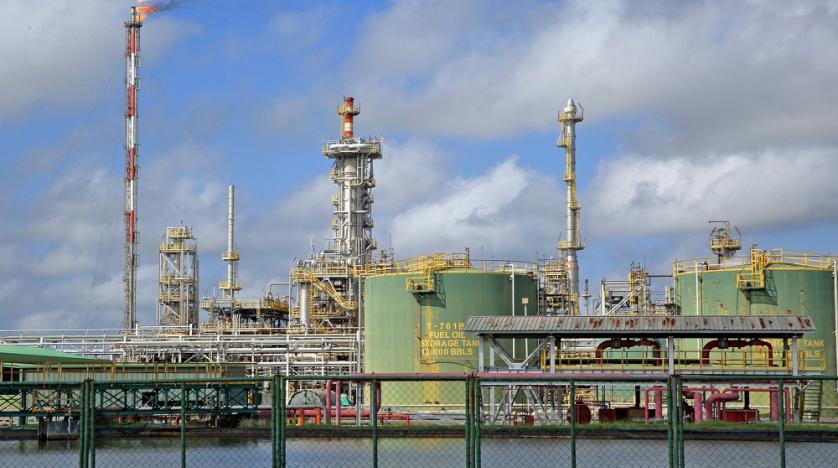On Tuesday, Oil prices edged lower on fears of an economic slowdown and lower fuel demand from China as it persists with its strict zero-COVID policy. Brent crude futures declined 41%, or 0.45%, to $91.21 a barrel by 0948 GMT, While US West Texas Intermediate (WTI) crude futures fell 41%, or 0.48%, to $85.05.
While WTI had risen earlier by more than $1 a barrel on a weaker dollar, which makes oil inexpensive for buyers holding other currencies, the US dollar index measuring the greenback against six peers rose later in the session, weighing on oil prices in early European trading.
Also in focus was the Bank of England’s plan to start selling vast government bond holdings it amassed during the pandemic. That sent long-dated yields higher, indicating increased risks to financial stability. Meanwhile, China’s fuel demand outlook weighed on sentiment after the top crude oil importer lagged the release of economic indicators originally scheduled to be published on Tuesday, said CMC Markets analyst Tina Teng. As for now, no date has been given for a rescheduled release.
Further, she said that China’s adherence to its zero-COVID policy had increased unpredictability about its economic growth. According to data, on the supply side, the US crude oil stocks were expected to have increased for a second consecutive week and are estimated to have risen by 1.6 million barrels from October.
Energy Information Administration informed that the Output in the US shale oil basin, the Permian Basin of Texas and New Mexico, is forecast to increase by about 50,000 barrels per day (BPD) to a record 5.453 million BPD in the ongoing month,





